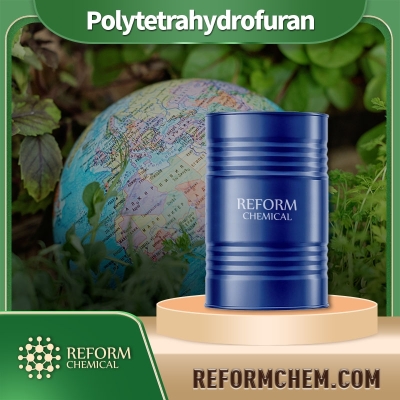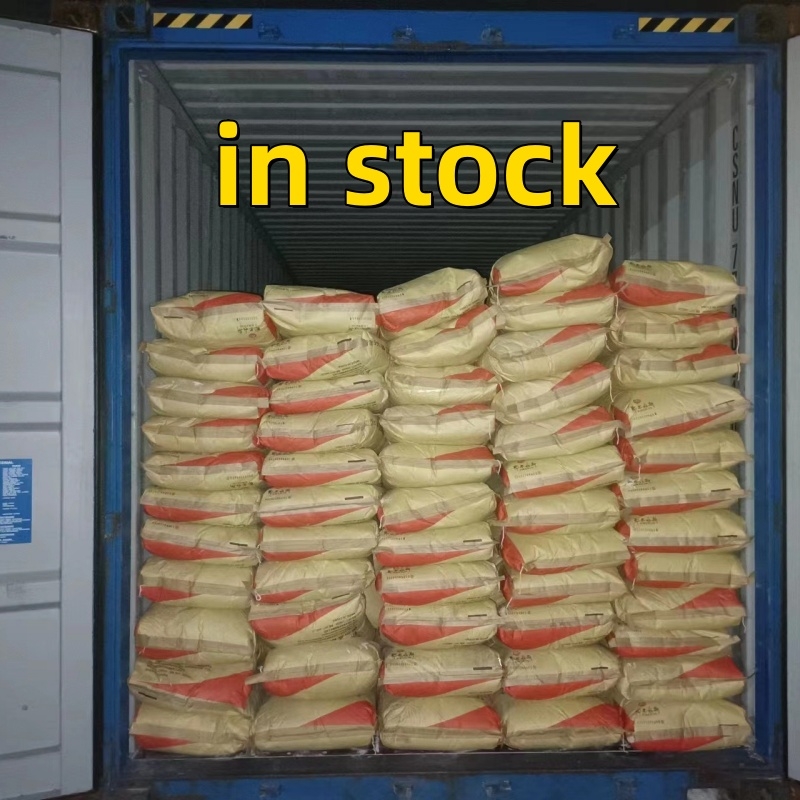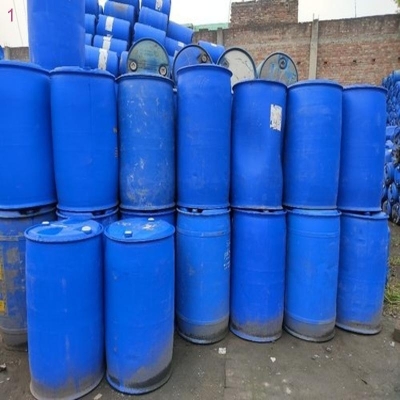-
Categories
-
Pharmaceutical Intermediates
-
Active Pharmaceutical Ingredients
-
Food Additives
- Industrial Coatings
- Agrochemicals
- Dyes and Pigments
- Surfactant
- Flavors and Fragrances
- Chemical Reagents
- Catalyst and Auxiliary
- Natural Products
- Inorganic Chemistry
-
Organic Chemistry
-
Biochemical Engineering
- Analytical Chemistry
-
Cosmetic Ingredient
- Water Treatment Chemical
-
Pharmaceutical Intermediates
Promotion
ECHEMI Mall
Wholesale
Weekly Price
Exhibition
News
-
Trade Service
KBR's new K-SAATTM solid acid alkylation technology uses a unique solid acid catalyst to produce alkylated oils
from light olefins (C3~C5 olefins) and isobutane.
K-SAAT uses two multistage fixed-bed reactors, similar to conventional drying systems, with one reactor performing alkylation operations while the other performs regeneration operations
。 The process operates in a low temperature (60~70 °C) and liquid phase environment, and the heat of reaction is removed by the heat exchanger located on the outer circulation circuit of the reactor, and the catalyst is completely regenerated after each cycle; During the regeneration process that restores the activity of the catalyst, all contaminants accumulated during the alkylation reaction are removed; Pretreatment of the feed, such as selective hydrogenation, can reduce the reservoir of solid acid catalysts; Regeneration uses circulating hydrogen
at a temperature of 250°C.
This simple process solution reduces investment and facilitates retrofitting of existing alkylation plants
.
Compared with traditional industrial alkylation technology, the K-SAAT process has the advantages
of excellent product quality, high yield, wide feed range, low investment, low energy consumption, high safety and environmental friendliness.
(Li Nan)







